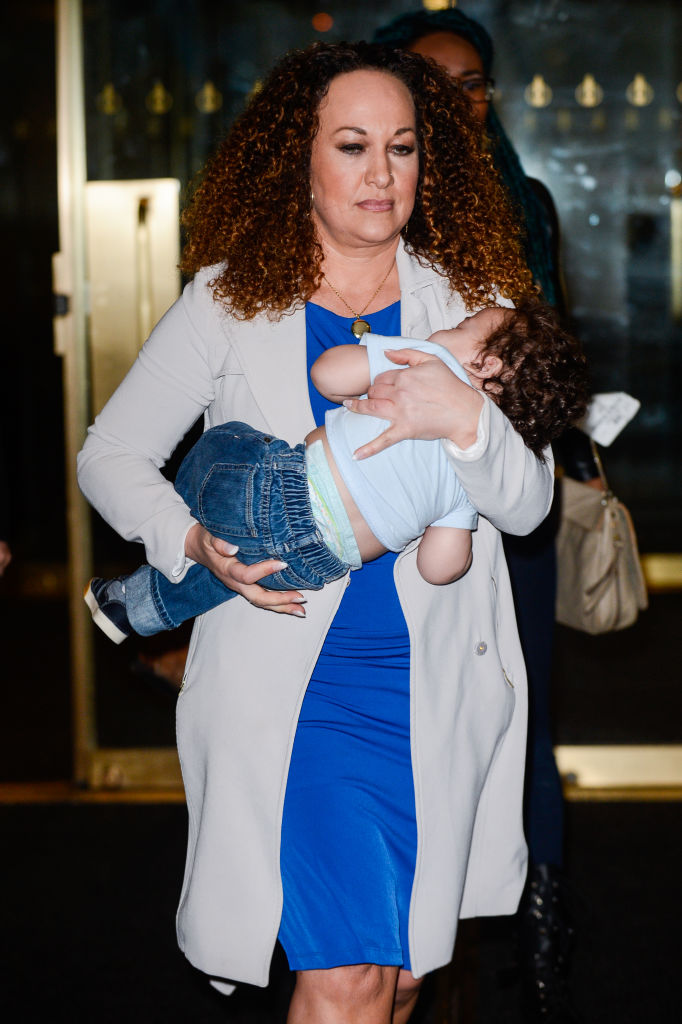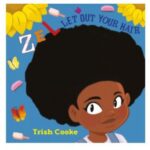
Source: Ray Tamarra / Getty
In a new documentary focusing on how the Black community has influenced and been impacted by beauty standards, transracial advocate Rachel Dolezal shared her input on the conversation by saying she hasn’t been accepted by white or black women, in addition to claiming she’s more than a white ally.
Recently premiering at SXSW, Subjects of Desire depicts the complicated history of beauty standards past, present, and future as they relate to Black culture and aesthetics. As reported by The Daily Beast, Dolezal’s comments on the topic included her belief that white women resented her because she put in more effort in support of equality more than she thinks they ever would. According to the outlet, she said in the documentary, “I’ve been called an insult to white women and an insult to Black women. White women are angry because I did what they never would do and went further, like I put 110. I didn’t just be that white ally and do a little bit, I canceled my white privilege. I canceled my hair.”
When speaking on the criticism she’s gotten from Black women, The Daily Beast said Dolezal shared, “For Black women, I feel like it’s a reaction to pain. It’s like a trigger to post-traumatic stress.” The former professor also apparently talked about having safety concerns due to white supremacy and white men — additionally saying in the new film, “When it comes to white men, that’s the group that I am the most scared of on a level of threat because that’s mostly the white supremacy folks.”
Concerning comments she made regarding the beauty standard her ex-husband Kevin Moore allegedly tried to subject her to, The Daily Beast wrote that Dolezal claimed Moore would critique her physique. Recalling what he would allegedly say to her, she said, “He would make comments about how no white woman has that kind of butt, you need to get a respectable white butt.”
As anyone can imagine, there are a lot of mixed opinions regarding Dolezal being in the documentary altogether. Filmmaker Jennifer Holness spoke to The Daily Beast about her decision to seek out Dolezal’s point of view on the topics of her film and told them, “It wasn’t a commercial thought. It wasn’t like I thought, ‘Oh my God, if I put her in, it’ll be controversial!’ No, not at all. I’m doing a film on Black women and beauty and this is the first time that I’ve come across a white woman pretending to be Black for 10 years when there wasn’t a massive financial benefit.”
“The standard of beauty historically has been white and that has been protected and upheld,” Holness further explained on her reasoning. “So as someone who has that standard — she’s blonde with freckles and green eyes — and stepped away from that, there’s something there.”
What do you think about what Dolezal had to say on how she’s been rejected by both Black and white women? Do you think her voice is valid in a conversation surrounding the history and impacts of Black beauty?


